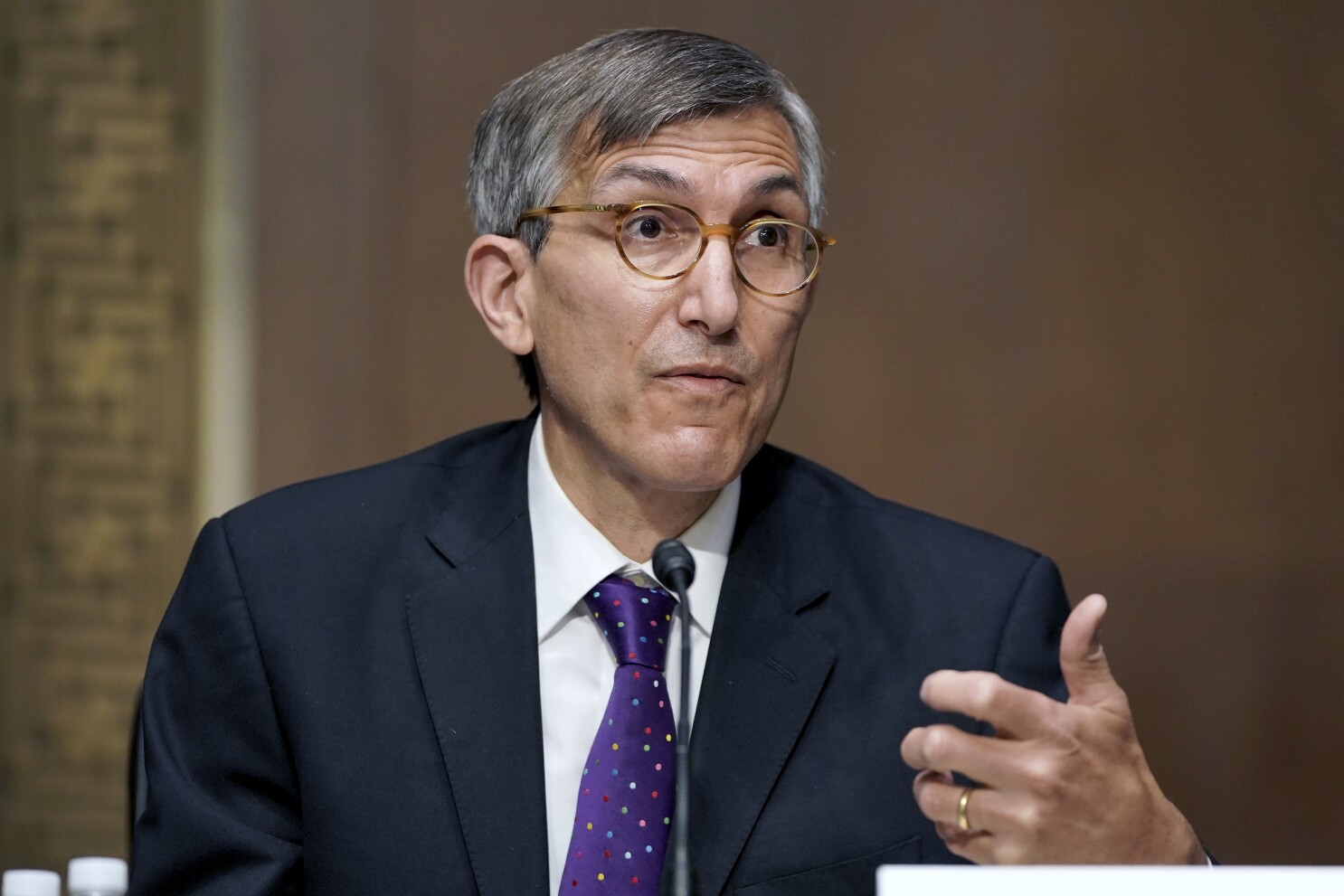The Food and Drug Administration (FDA) has undergone significant leadership changes, including the removal of its chief tobacco regulator, Brian King. King, who had held the position since 2022, was placed on administrative leave amid a broader wave of cuts within the federal health workforce.
This move has been part of an ongoing reshuffling of top officials across the agency, which is facing a series of changes in its leadership structure. King, in an internal email to FDA staff, expressed his disappointment over the decision and confirmed that he was being reassigned to the Indian Health Service, though the full details remain under wraps due to confidentiality.
FDA Tobacco Center Layoffs Spark Concerns Amid Leadership Departures and Regulatory Uncertainty
In addition to King’s removal, numerous staff members from the FDA’s Tobacco Center were dismissed, including the entire team responsible for enforcing tobacco regulations. This mass layoff has raised concerns about the future of the FDA’s efforts to regulate tobacco products.
King, during his tenure, had implemented strict regulations, including banning thousands of fruit and candy-flavored e-cigarettes, which he argued were especially appealing to teens. The FDA’s actions under King resulted in a significant decrease in teen vaping, bringing it to a 10-year low.

King’s removal follows the recent resignation of another top FDA official, Dr. Peter Marks, the agency’s vaccine chief. Marks stepped down in protest, citing the support of Health Secretary Robert F. Kennedy Jr. for vaccine misinformation as a key reason for his departure.
The shakeup at the FDA is part of a broader wave of departures, with nearly all senior leaders in various departments, including drugs, vaccines, and medical devices, either resigning or retiring. This exodus occurs as the FDA faces plans to cut 3,500 staffers and deal with increasing scrutiny over its handling of public health issues.
FDA Faces Leadership Changes Amidst Political Shifts and Ongoing Tobacco Regulation Challenges
The wave of departures within the FDA comes as new leadership under incoming commissioner Marty Makary takes the helm. Makary, confirmed just last week, will inherit an agency in turmoil, with a depleted leadership team and a workforce still reeling from recent layoffs and a chaotic return-to-office process.
The changes at the FDA reflect broader political and policy shifts under the leadership of Robert F. Kennedy Jr., who is pushing for stricter scrutiny of products like ultra-processed foods and childhood vaccines, alongside significant cuts to the agency’s workforce. However, the role of tobacco regulation under this new leadership remains unclear, despite the ongoing public health challenges posed by tobacco-related diseases.
The FDA’s tobacco center has faced intense criticism from all sides, including lawmakers, anti-smoking advocates, and the tobacco and vaping industries. Anti-smoking groups have called on the agency to do more to curb unauthorized vaping products, which are often marketed to teens and imported from abroad. On the other hand, the tobacco and vaping industries argue that the FDA has been too slow in approving safer alternatives to traditional cigarettes, such as e-cigarettes.
Under Brian King’s leadership, the FDA rejected many flavored e-cigarette products, arguing that there was insufficient data to prove these products would help adult smokers without attracting minors. These rejections have sparked lawsuits, including one taken up by the Supreme Court, highlighting the contentious nature of the FDA’s approach to tobacco regulation.


